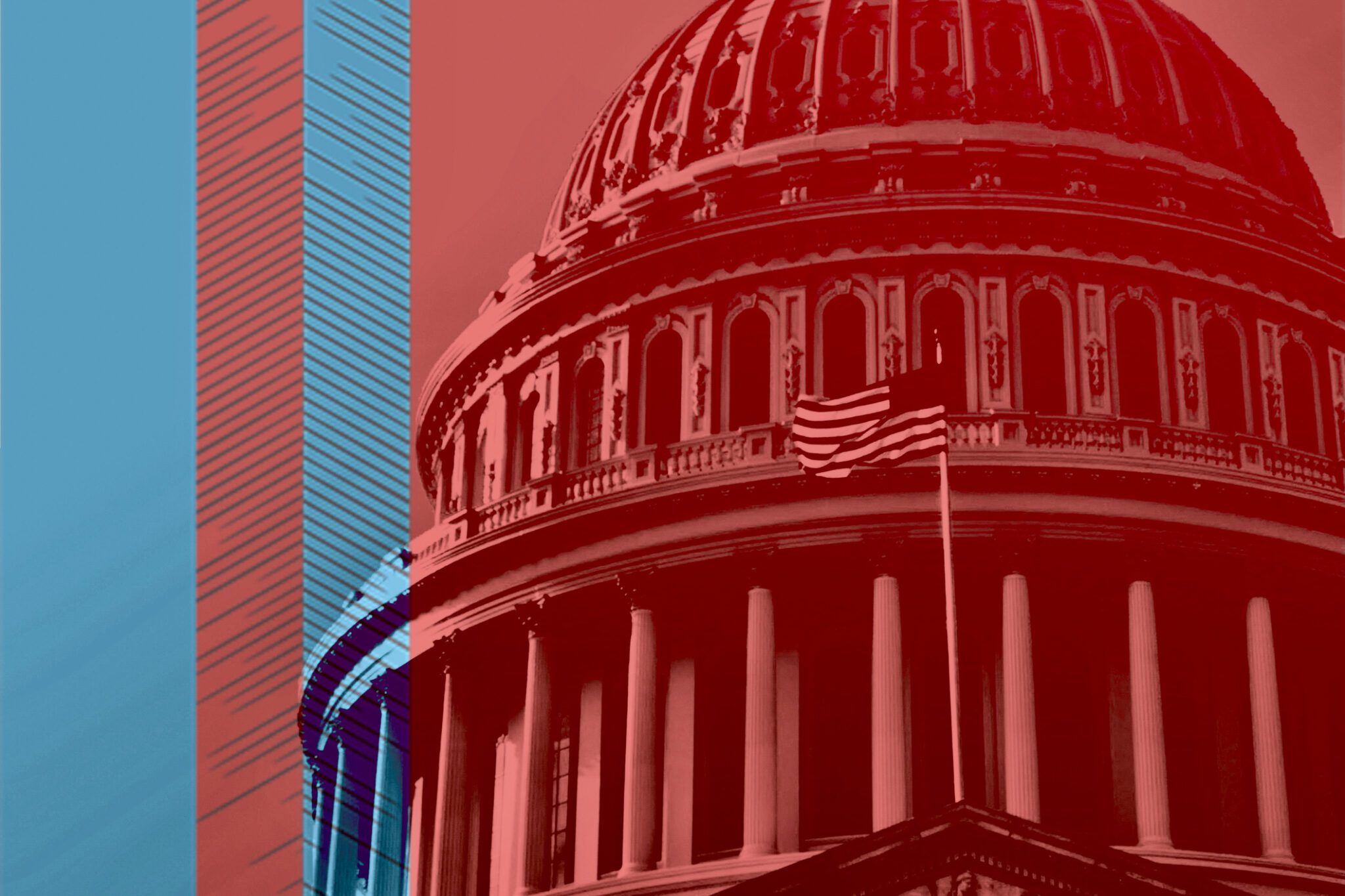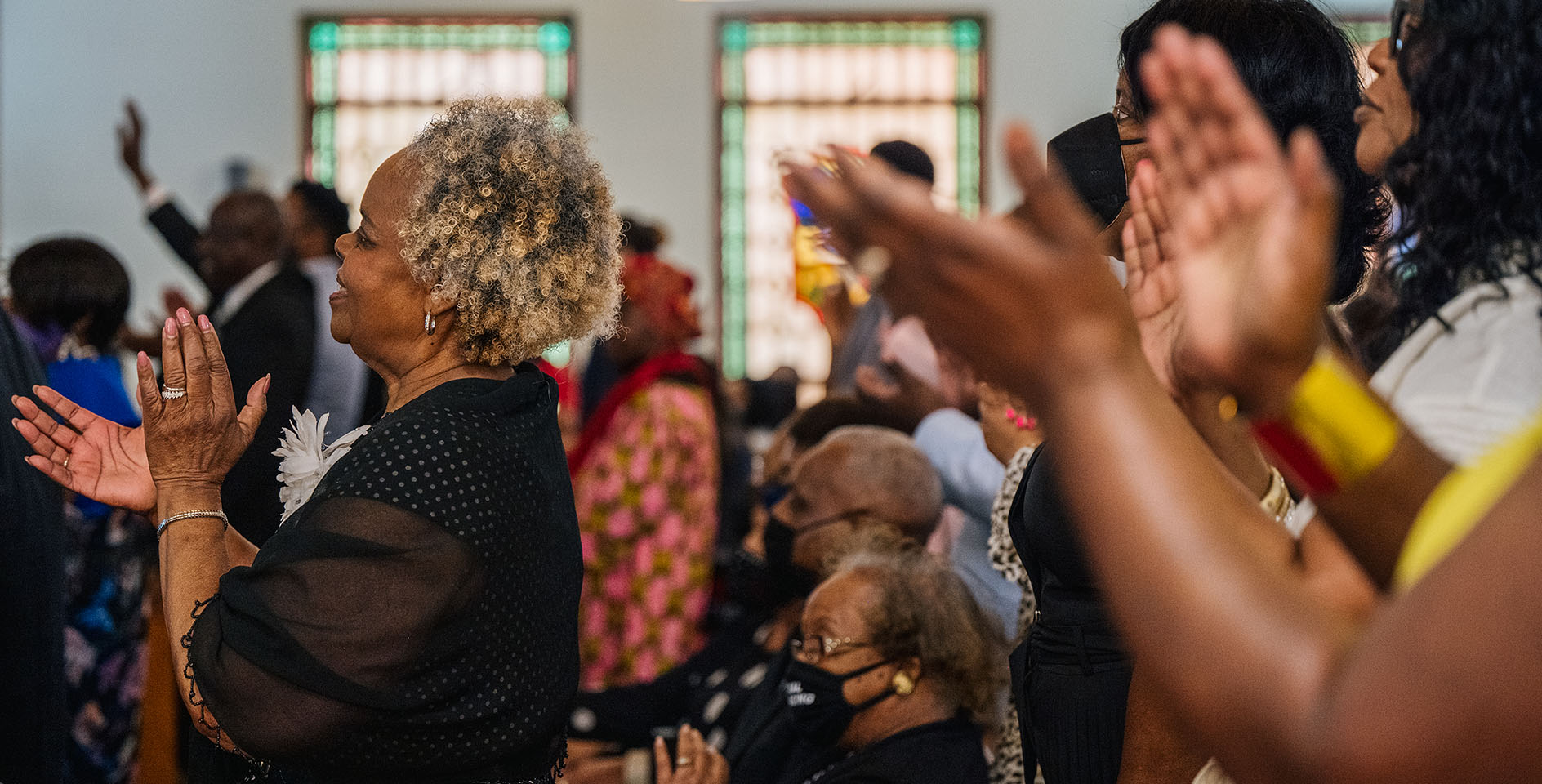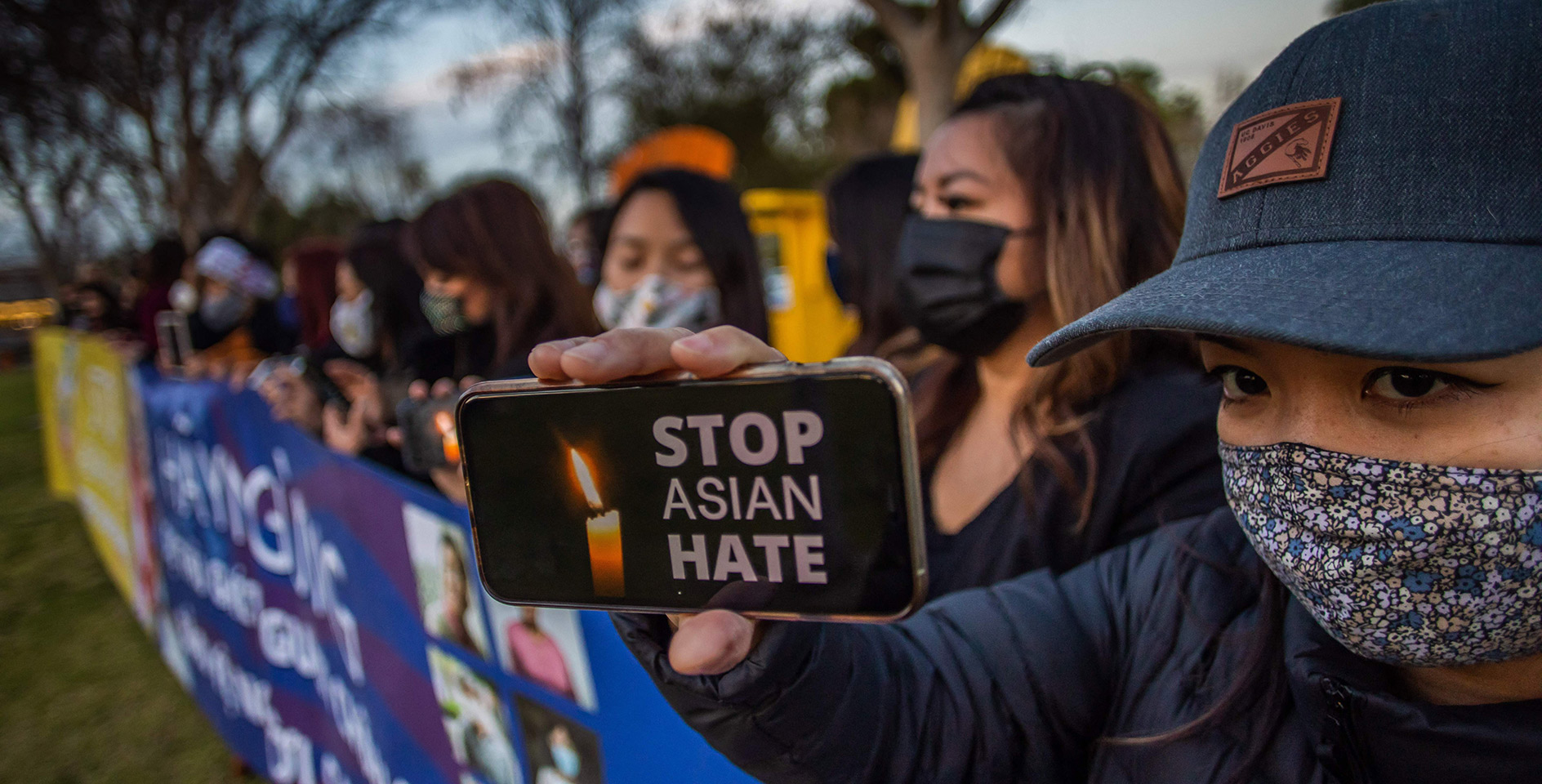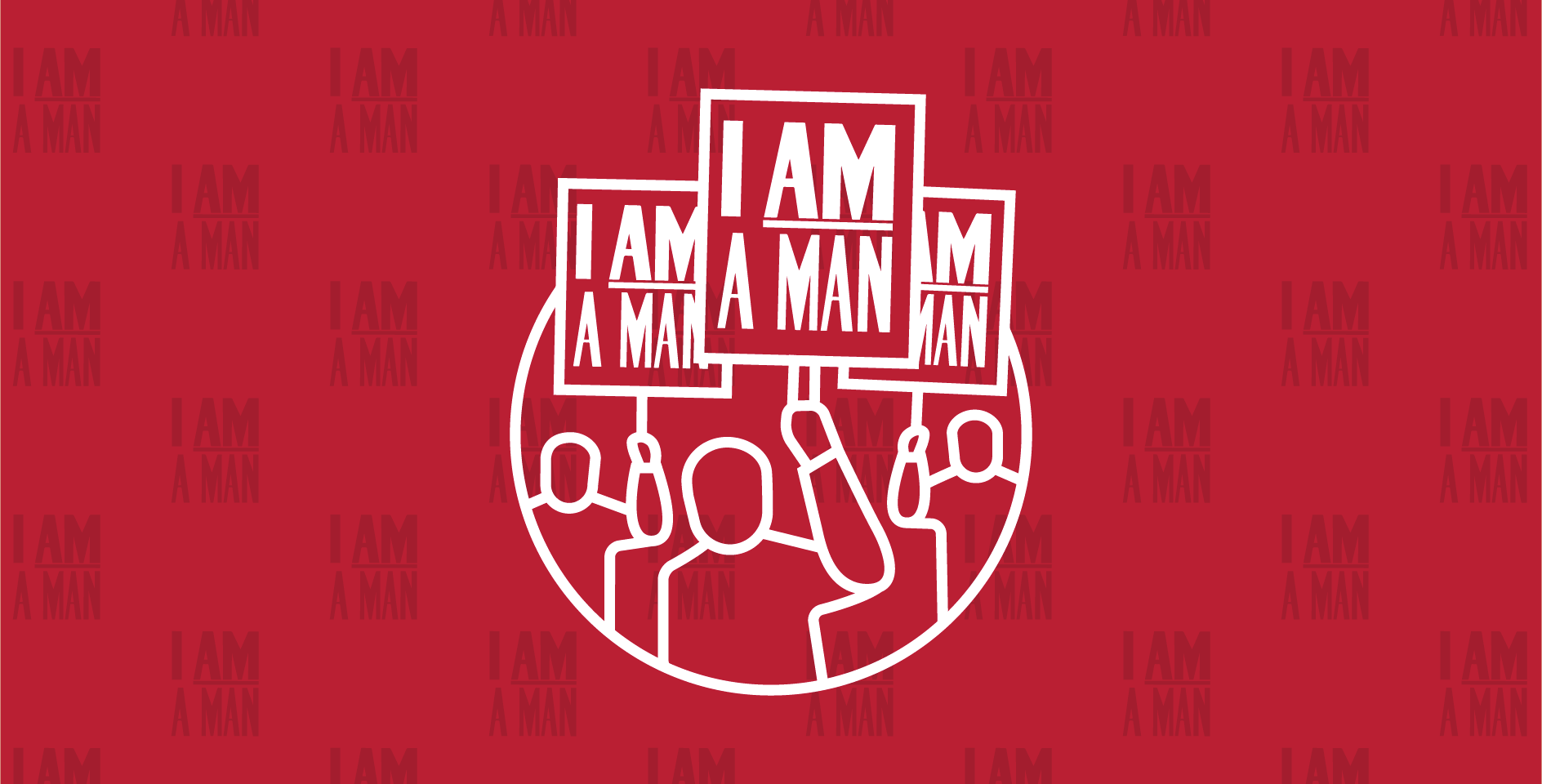
Martin Luther King, Jr. fought for freedom and equal rights for black Americans and other minorities oppressed by the white majority. King and his followers achieved many victories through such laws as the Civil Rights Act criminalizing racial discrimination. But decades after King’s assassination, black Americans experience an increasing amount of rhetorical racism from blacks and whites alike.
Rhetorical racism perpetrated by blacks against blacks can be traced to Harriet Beecher Stowe’s scandalous novel, Uncle Tom’s Cabin. Stowe exposed the horrors of slavery in part by placing at the center of her narrative a house slave named Uncle Tom, presented as a virtuous, hard-working and apparently Christian slave. Against the advice of fellow slaves, Uncle Tom refused to flee his master, instead faithfully serving as long as he was his master’s property.
Consequently, the phrase Uncle Tom entered popular American culture as a derogatory epithet directed toward blacks by other blacks who judged the former group untrue to their African American selves. The phrase accuses targeted blacks of caring more about pleasing whites than about preserving African American identity and particularity.
A good education, proper English, a good work ethic, evangelical Christianity and membership in a multiethnic or mostly white church are among characteristics that might attract the Uncle Tom moniker. White associates, interracial relationships, a traditional family, theological or political conservatism, certain musical and dietary preferences, cross-race adoptions, an honest living and enrollment in certain schools are also among characteristics that sometimes attract the term. Discussions about Uncle Tom-ness in the media support some of the preceding assertions.
A couple of years ago, at least two black former professional athletes publically referred to two black athletes as Uncle Toms, referencing privileged upbringings, attendance at a certain school, a good home-life and an international upbringing.
Ironically, many blacks who call others an Uncle Tom often use the n-word as a term of endearment, in spite of its traditional use by white racists and slave owners to shame and dishonor Africans enslaved in America. Furthermore, racists continue to use the term to dehumanize blacks.
Some blacks use the n-word in attempts to be hip, cool, socially acceptable or funny, but these same blacks often have a double standard. Some of them would be offended if a white person called them the n-word, while finding the term either less offensive or inoffensive when uttered by blacks. In fact a few years ago some very accomplished blacks in the film industry publically criticized a white woman who works in media when she publically stated that no one, white or black, should use the term because it is offensive.
As a black with a multiracial background, born in an extremely racist part of Eastern Kentucky and reared there for 18 years, I have been called a number of racist epithets by both blacks and whites throughout my 35 years of life. White racists have called me everything from a black n-word, a colored kid, to a colored boy for reasons that they deemed appropriate. Likewise, black racists have called me everything from a black n-word, Uncle Tom, whitey, sell out, half-breed, or high yellow.
In my view, the n-word is the most offensive racist slur directed toward blacks, regardless of the ethnicity and race of the person speaking. The reason is quite simple. White racists used this term from its inception to dehumanize, dishonor and ostracize Africans enslaved within what such racists thought was a superior white society. Many black descendants of slaves continue to refer endearingly to each other with this derogatory word in music, movies or casual conversation, thereby reinforcing a racist, non-redemptive rhetoric and worldview of slavery and white superiority.
I am absolutely puzzled that many blacks embrace the n-word as endearing when used within the race, since racists have used and continue to use the term to degrade and dehumanize blacks. Equally, I am baffled that many blacks use the phrase Uncle Tom to shame and paint a negative caricature of certain blacks. I am most shocked that some blacks and whites who identify with the Christian faith have no problem with this sort of racist speech. By contrast, Stowe used the phrase Uncle Tom complimentary and the n-word negatively.
All ethno-racial communities should embrace the Christian identity of Stowe’s Uncle Tom. Concurrently, we should reject the racism Uncle Tom suffered, the racist worldview that enslaved some and promoted superiority in others, and racist speech used in the novel.
All slavery is evil. Those who worked relentlessly to abolish slavery and help slaves escape and attain their freedom did the right thing, indeed the Christian thing! Yet, Stowe suggests that Uncle Tom chose to be faithful to Christ even while living within the evil institution of slavery. Stowe presents a biblical principle that neither condones the evil institution of slavery nor excludes the Bible’s permission to practice civil disobedience.
Regardless of the ethno-racial group using the rhetoric, hate-speech is sinful and dishonors our God and Christ. Consequently, no Christian should use racist hate-speech, even when socially acceptable. Black Christians should speak with redemptive speech to and about all blacks and other ethno-racial groups. We should not tolerate or approve of black church members calling other black members Uncle Tom or the n-word. Regardless of the cultural popularity of racist hate-speech, black Christians should seek to be distinctively Christian, as citizens within the kingdom of God and as members of a new race in Christ, a race filled with different races (1 Pet. 2:9).
Christians from any ethno-racial community should repent of their sins, including the sins of racism and racist speech, and express God’s great work of redemption in our lives through Christ, who is wisdom from God, righteousness, sanctification and redemption (1 Cor. 1:30).
Regardless of the ostracism we may endure, the gospel must permeate every single area of our lives if we are redeemed by Jesus’ blood. The gospel must permeate our speech to or about the different ethno-racial communities God created, because God sent Jesus to die for the sins of all, and to fashion us into a new race known as Christians (John 1:29; 3:16; Eph. 2:11-22; 1 Pet. 2:9).
God chose to save different ethno-racial groups before the foundation of the world and to unite us together in Christ by faith, so that we would be forgiven our transgressions and sins by the blood of Christ, and sealed by the Holy Spirit. God wants us to hear and believe the gospel of Jesus Christ (Eph. 1:3-14) and to be new creatures in Christ (2 Cor. 5:17; Gal. 6:15).
Christians from various ethno-racial groups throughout the world are elect and foreknown — loved beforehand — by God, sprinkled by the blood of Jesus Christ and sanctified by the Holy Spirit (1 Pet. 1:1-2). God makes Christians from different ethno-racial communities into a new race in Christ, a royal priesthood, a chosen nation, and a people for God’s own possession (1 Pet. 2:9). By one’s exclusive faith in Jesus’ wrath-bearing death on the cross and by his victorious resurrection from the dead, God will redeem some from every tongue, tribe, people and nation to be Christians (Rom. 3:24; 4:25; Rev. 5:9).
God saves Christians to be holy, to be living sacrifices to him in every area of our lives, including how we speak to and about one another (Rom. 8:28-30; 12:1-2). Scripture teaches us to lay aside filthy speech, coarse jesting and every form of evil. Scripture commands us to be holy and not to let any evil word come out of our mouths (Eph. 4:17-5:20; 1 Pet. 1:3-2:10). God wants the redeemed to speak to and about each other in Spirit-filled love, with words that build up instead of destroy (Gal. 5:16-26; James 3:5-10), because Jesus redeemed our souls and our speech.
May a God-centered, Christ-exalting, Spirit-filled and edifying vision of gospel-centered, ethno-racial reconciliation redeem our speech and empower us to live distinctively as the people of God in this present evil age.









